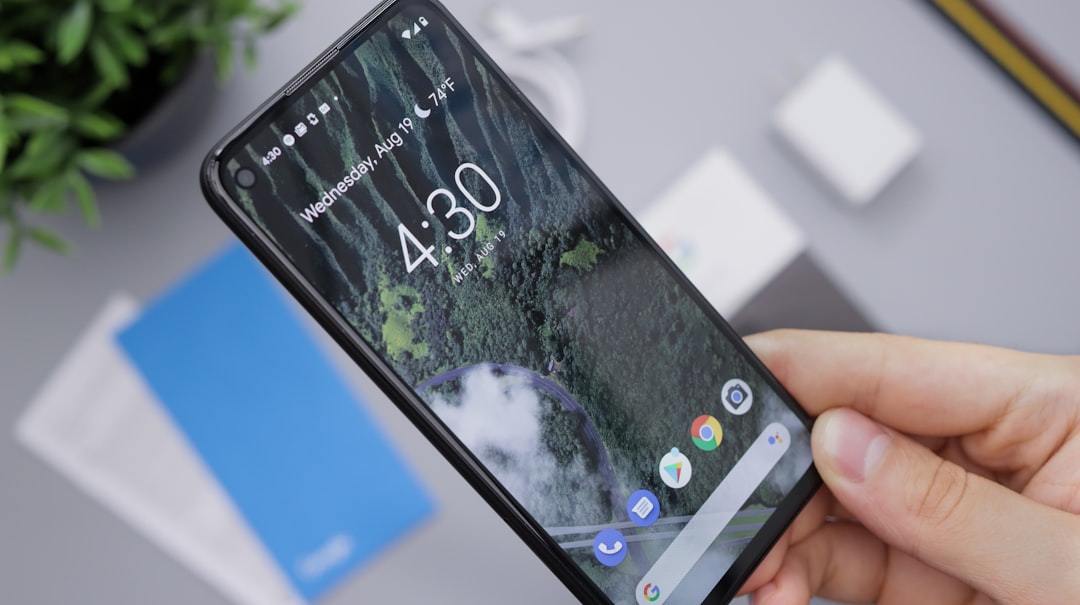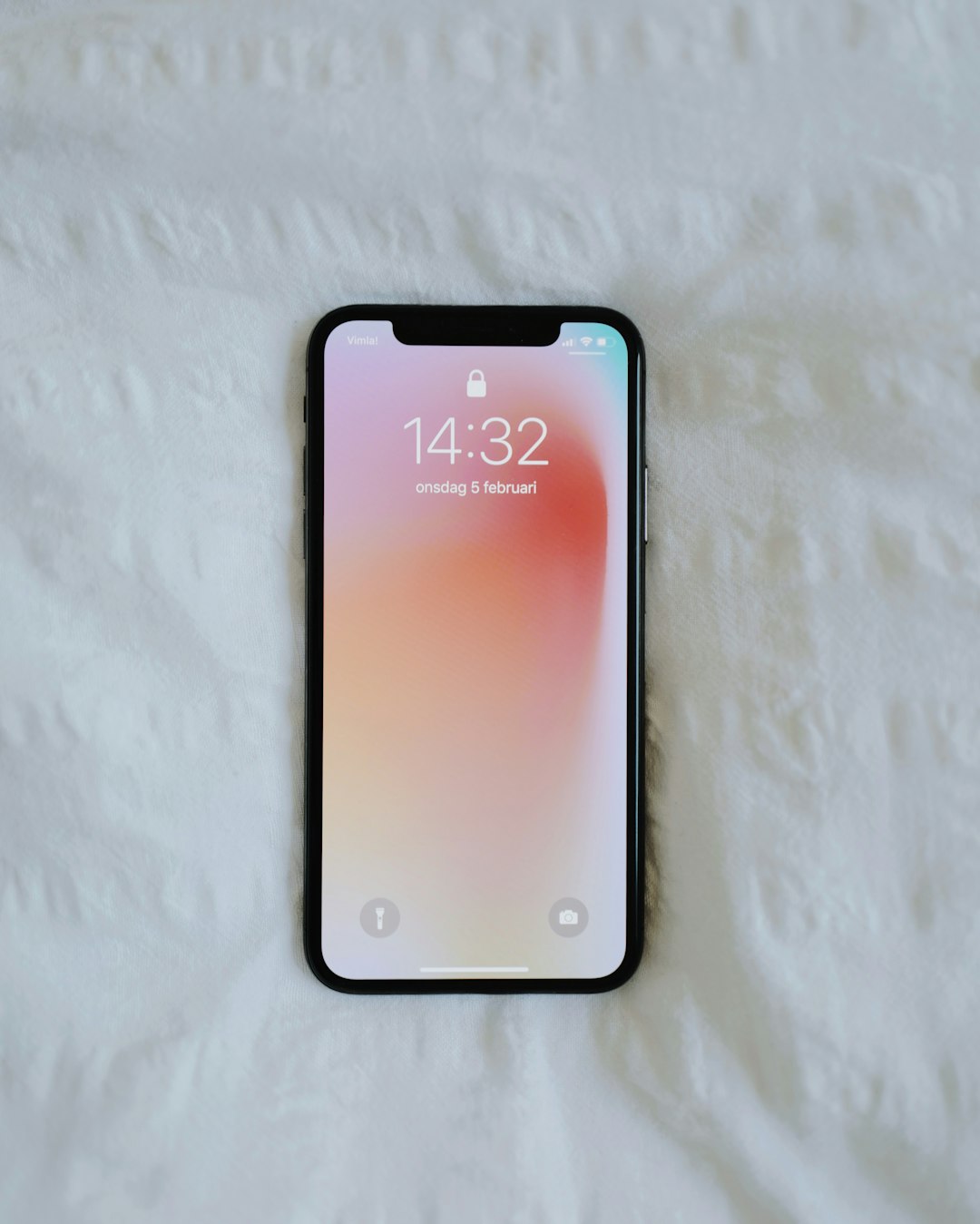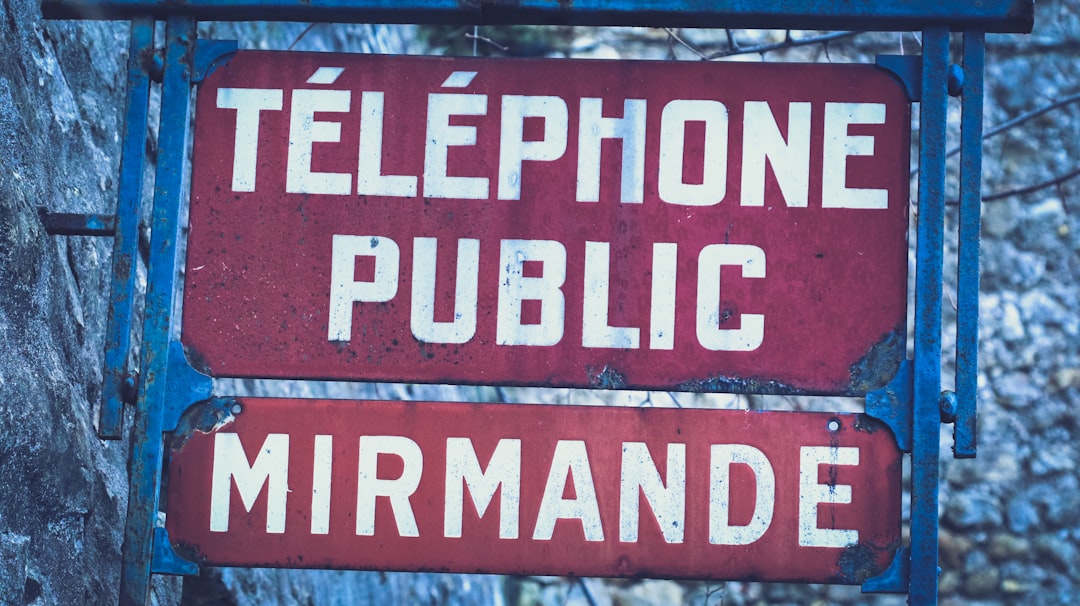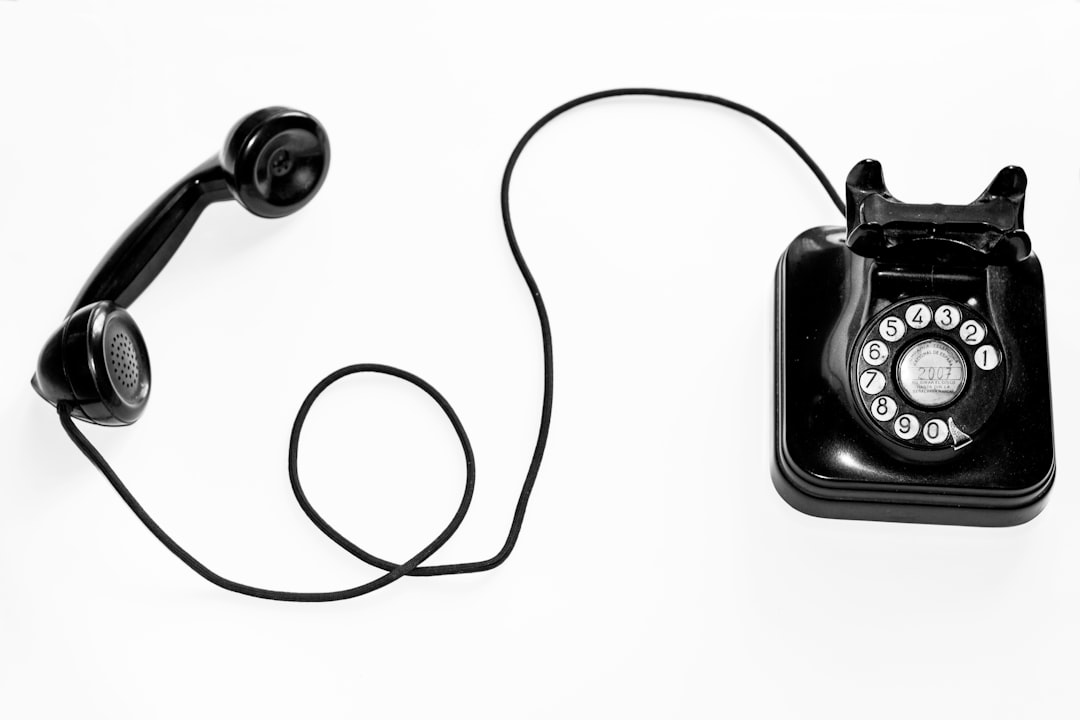In Iowa, robocalls are a common nuisance, prompting residents to seek legal protections like "Do Not Call" laws. The state offers robust defenses through the Do Not Call Registry and strict regulations against unsolicited telemarketing. Iowans can register their numbers, file complaints, and consult a specialized Do Not Call Lawyer Iowa for tailored advice, blocking unwanted calls from telemarketers and debt collectors. Attorneys specializing in these laws guide residents through rights and legal actions like the TCPA, ensuring privacy and protection against harassment.
In the digital age, Iowans are facing an increasing nuisance from robocalls. This article delves into the complex legal landscape surrounding these automated calls and their impact on residents. We explore the robocalls: a growing concern for Iowans, dissecting the legal definition and regulations in place, and empowering consumers with their rights and strategies to stop unwanted calls. Additionally, we highlight the pivotal role of attorneys in navigating robocall laws, offering guidance on how to protect oneself from this modern-day irritant, especially when considering a do not call lawyer Iowa.
Robocalls: A Growing Concern for Iowans

In today’s digital era, robocalls have become a ubiquitous and often unwanted part of daily life for many Iowans. These automated phone calls, often used for marketing purposes, have sparked growing concern due to their frequency and potential intrusiveness. With just a few clicks, businesses can now automatically dial thousands of numbers, leading to a surge in unsolicited calls that many consider a nuisance or even a violation of personal privacy.
Iowa residents, like others across the country, are taking notice. The proliferation of robocalls has led many to seek solutions, prompting an increase in inquiries about “Do not call” laws and legal protections. As these automated messages continue to fill people’s inboxes and pockets, understanding one’s rights and options becomes crucial, especially when navigating the complex legal landscape surrounding robocalls.
Legal Definition and Regulations in Iowa

In Iowa, robocalls are regulated under state and federal laws aimed at protecting consumers from unsolicited telephone marketing calls, often referred to as “Do Not Call” regulations. These rules restrict businesses from making automated or prerecorded telemarketing calls to residents who have registered on the state’s Do Not Call list. The Iowa Utilities Board oversees these regulations, ensuring compliance with the law.
Iowa’s laws mirror those of the national Do Not Call Registry, allowing individuals to opt-out of receiving such calls by registering their phone numbers. Penalties for businesses violating these restrictions can include fines and other legal consequences. This protective framework is crucial in mitigating the nuisance and potential fraud associated with robocalls, giving Iowans greater control over their communication preferences.
Rights of Consumers: What You Need to Know

In Iowa, consumers have powerful rights when it comes to dealing with robocalls. The Do Not Call registry is a crucial tool available to Iowans. By registering their phone numbers, residents can limit unwanted calls from telemarketers and debt collectors. It’s an effective way to reduce the number of robocalls received daily.
If you’re on the receiving end of a suspected robocall, know that you have options. You can file a complaint with the Federal Trade Commission (FTC) or the Iowa Attorney General’s Office. These entities take such complaints seriously and work to protect consumers from fraudulent or annoying calls. Additionally, many states, including Iowa, have laws prohibiting certain types of robocalls without prior consent. Always remember that you have the right to request removal from call lists and to be left alone.
Strategies to Stop Unwanted Robocalls

Robocalls have become a pervasive issue for many Iowans, but there are strategies in place to combat this unwanted intrusion. One effective method is to register on the National Do Not Call Registry. This federal list restricts telemarketers from calling numbers listed on it, providing some relief from unsolicited calls. Additionally, Iowans can hire a Do not call Lawyer Iowa to help navigate and enforce their rights under telecommunications laws.
Technology also plays a role in blocking robocalls. Consumers can download apps designed to identify and block these automated calls, offering a more proactive approach to privacy protection. By combining legal measures and technological advancements, Iowans can reclaim control over their phone lines and reduce the impact of intrusive robocalls.
The Role of Attorneys in Navigating Robocall Laws

Attorneys play a crucial role in helping Iowans navigate the complex legal landscape surrounding robocalls. With various state and federal regulations in place to protect consumers from unsolicited phone calls, especially those marketed by automated systems, legal experts are essential.
In Iowa, for instance, the “Do Not Call Lawyer” initiative has been instrumental in empowering residents to take action against unwanted robocalls. These attorneys specialize in guiding individuals through their rights and options, ensuring they understand the legal implications of making or receiving such calls. They help interpret and enforce laws like the Telephone Consumer Protection Act (TCPA), which restricts automated telemarketing calls to those with prior consent. By employing these legal measures, Iowans can protect themselves from harassment, privacy invasion, and financial loss associated with robocalls.






